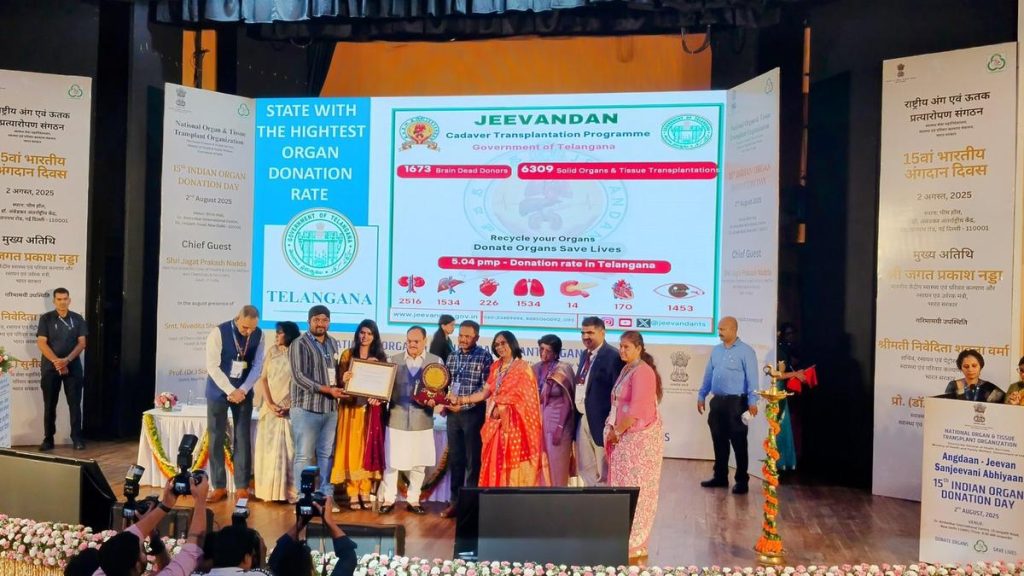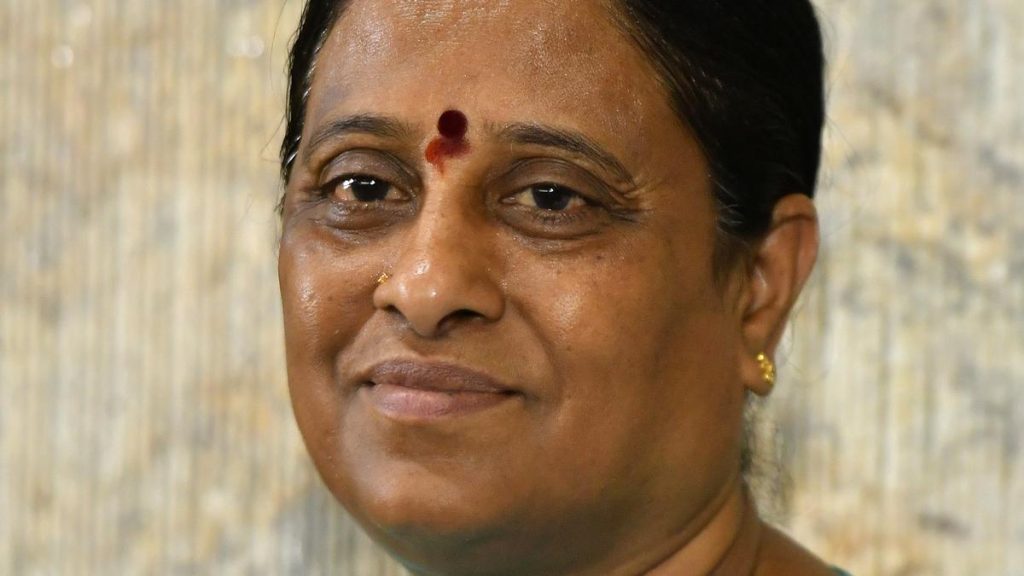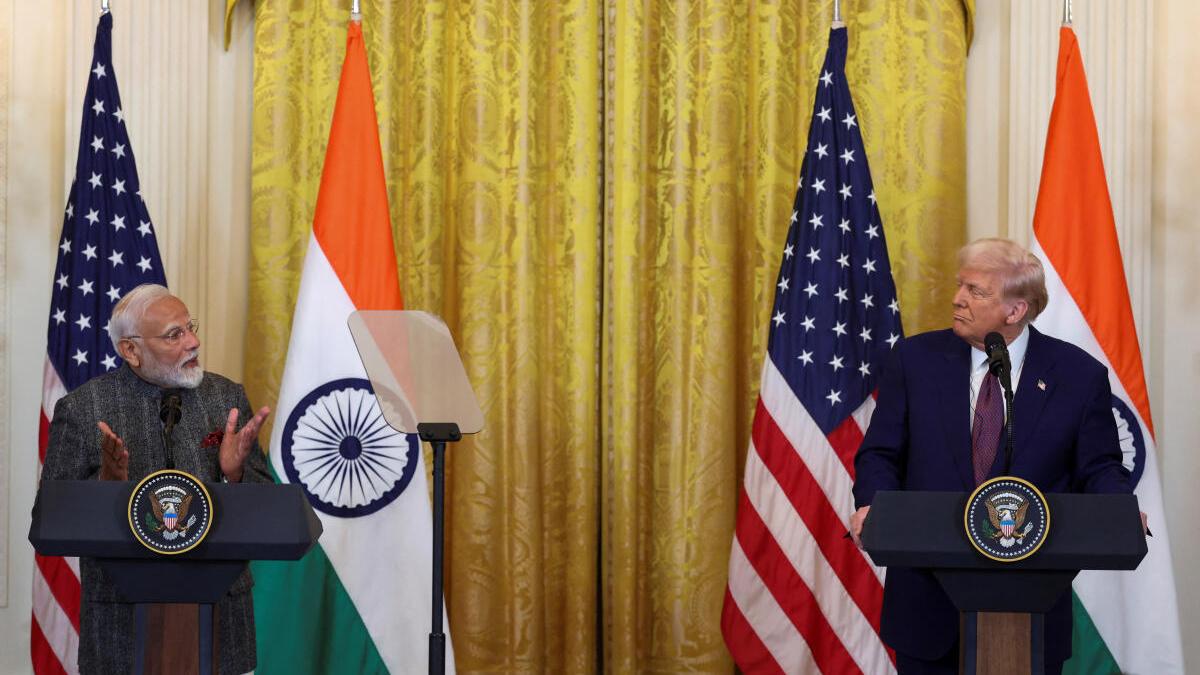Now Reading: Madras HC Bars ‘Savukku’ Shankar from Defaming ADGP in Custodial Death Case
-
01
Madras HC Bars ‘Savukku’ Shankar from Defaming ADGP in Custodial Death Case
Madras HC Bars ‘Savukku’ Shankar from Defaming ADGP in Custodial Death Case
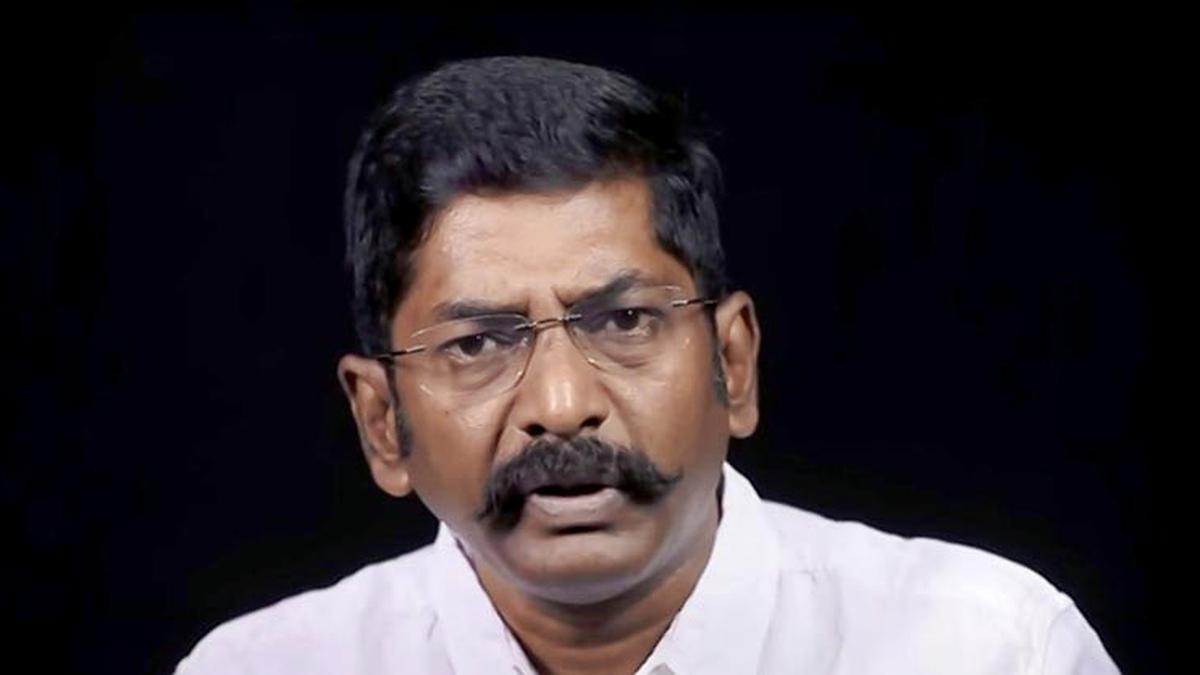
Quick Summary
- The Madras High Court has issued a four-week interim injunction restricting YouTuber ‘Savukku’ Shankar from making defamatory statements against Additional Director General of Police (Law and Order) S.Davidson Devasirvatham.
- The injunction follows a defamation lawsuit filed by the ADGP, accusing the YouTuber of spreading unverified allegations in connection with the custodial death of B. Ajith kumar in Sivaganga district.
- Justice K. Kumaresh Babu ruled that statements made by Shankar could harm the ADGP’s reputation and noted that Article 19(2) protects against defamation under constitutional provisions.
- The ADGP claims that Savukku Shankar has a history of targeting him with baseless accusations, citing an earlier smear campaign linking him to a passport scam in 2022.
- Devasirvatham described recent allegations as “entirely false” and aimed at creating public distrust, noting that social media contributed to amplifying unsubstantiated claims through influencers and echo chambers.
- Along with actions directed at Shankar, the ADGP sought broader judicial protection via John Doe/Ashok Kumar orders to address defamatory activities by unidentified individuals on digital platforms.
Indian Opinion Analysis
This case underscores growing tensions between authorities and content creators operating within India’s increasingly influential digital media landscape. While freedom of speech is constitutionally protected under Article 19(1)(a), cases like this illustrate boundaries imposed by Article 19(2) when such speech allegedly crosses into defamatory territory.
The Madras High court’s emphasis on balancing personal reputation with free expression points to evolving legal standards for online commentary-a domain previously less regulated than customary journalism due to it’s platform-driven dynamics.
For India as a whole, this legal intervention may signify an emerging precedent for holding self-styled commentators accountable for misinformation or targeted harassment campaigns on social platforms. Though, it also raises critical questions about enforcing accountability while ensuring free expression isn’t unduly constrained.
Read More: The Hindu – Full article


